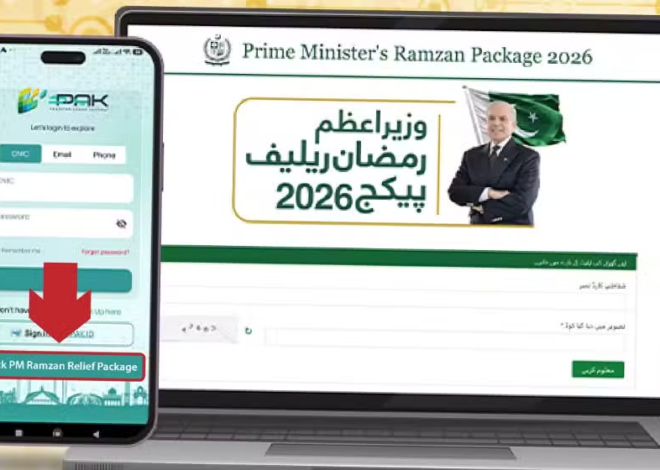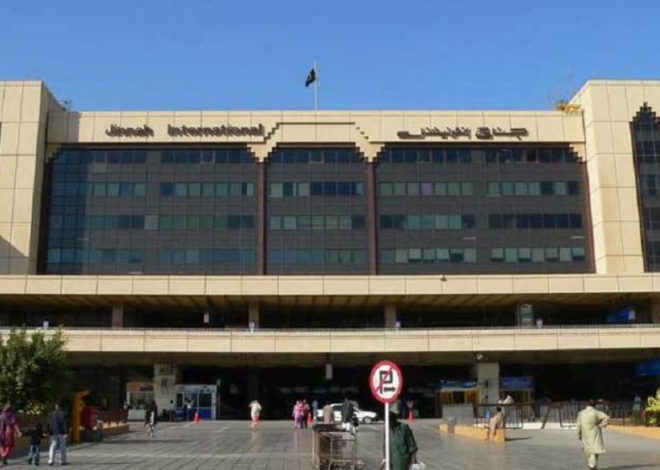
OGRA Dismisses Reports of Petrol and Diesel Shortage, Assures Stable Supply Nationwide
The Oil and Gas Regulatory Authority (OGRA) has rejected recent reports suggesting a possible shortage of petrol and diesel in Pakistan, assuring the public that fuel supplies remain stable across the country.
In an official statement issued on Tuesday, an OGRA spokesperson confirmed that while there had been a brief delay earlier in the week in clearing imported petroleum consignments, the situation has since been resolved. Two vessels carrying petrol and diesel have now been cleared at Karachi ports, ensuring a steady resumption of supply to oil marketing companies.
The clarification comes amid growing industry concerns following the Sindh government’s decision to reinstate a 100% bank guarantee under the Sindh Infrastructure Development Cess (IDC). The policy change temporarily held back several petroleum cargoes at Karachi ports, raising fears of potential fuel shortages.
The Oil Companies Advisory Council (OCAC) had earlier warned that the IDC issue could disrupt the national fuel supply chain if not addressed promptly. In a letter to the Sindh chief minister and relevant federal authorities, the council highlighted that at least five major shipments belonging to PSO, HPL, PGL, and Parco were awaiting customs clearance, creating uncertainty over the availability of fuel stocks.
According to the OCAC, the sudden enforcement of the bank guarantee requirement has added significant financial strain to the industry. Each shipment now requires billions of rupees in guarantees, which oil companies argue is unsustainable under current regulated pricing and limited credit conditions.
Industry sources also expressed concern that with Keamari’s petrol reserves running low, any further delay could impact nationwide fuel distribution, particularly during the ongoing agricultural season when fuel demand is at its peak.
The core of the dispute lies in the 1.8% IDC tax imposed by the Sindh and Balochistan governments on petroleum imports. Although the matter remains under review by the Supreme Court, the Sindh Excise Department recently revoked an interim arrangement that allowed undertakings in place of bank guarantees. This policy reversal has reignited tension between provincial authorities and oil industry stakeholders.
The OCAC estimates that IDC charges add more than Rs. 3 per litre to fuel costs — an amount oil companies cannot pass on to consumers due to price regulation. It has called upon the Federal Board of Revenue (FBR) and Pakistan Customs to expedite the clearance of stranded cargoes without bank guarantees and to establish a long-term policy framework.
Proposed recommendations include recognizing petroleum pricing as a federal subject, incorporating IDC into national fuel pricing mechanisms, and creating a structured approach for the recovery of past IDC dues.
The OCAC also noted that Punjab and Khyber Pakhtunkhwa have already exempted petroleum products from IDC, in alignment with federal jurisdiction. For now, OGRA maintains that the country’s fuel supply chain remains intact and that there is no immediate threat of a shortage.







